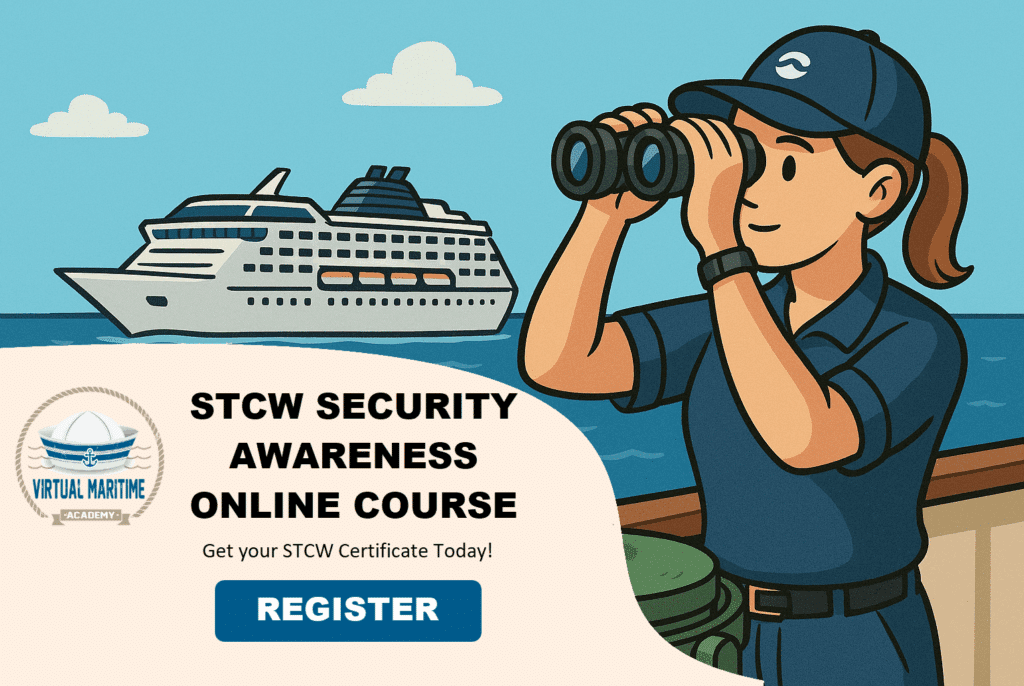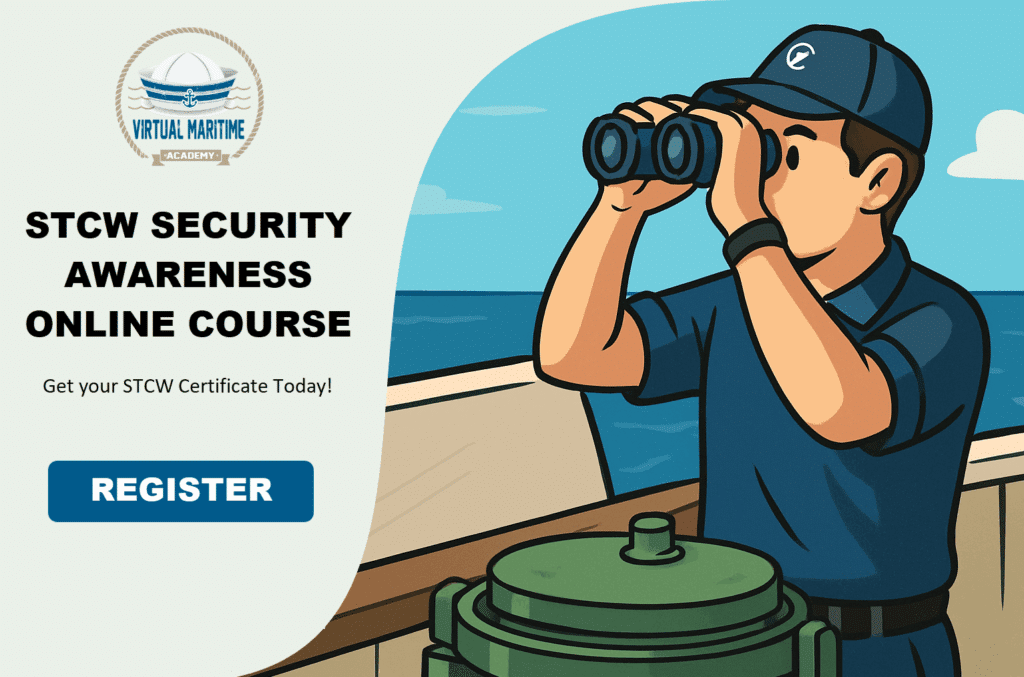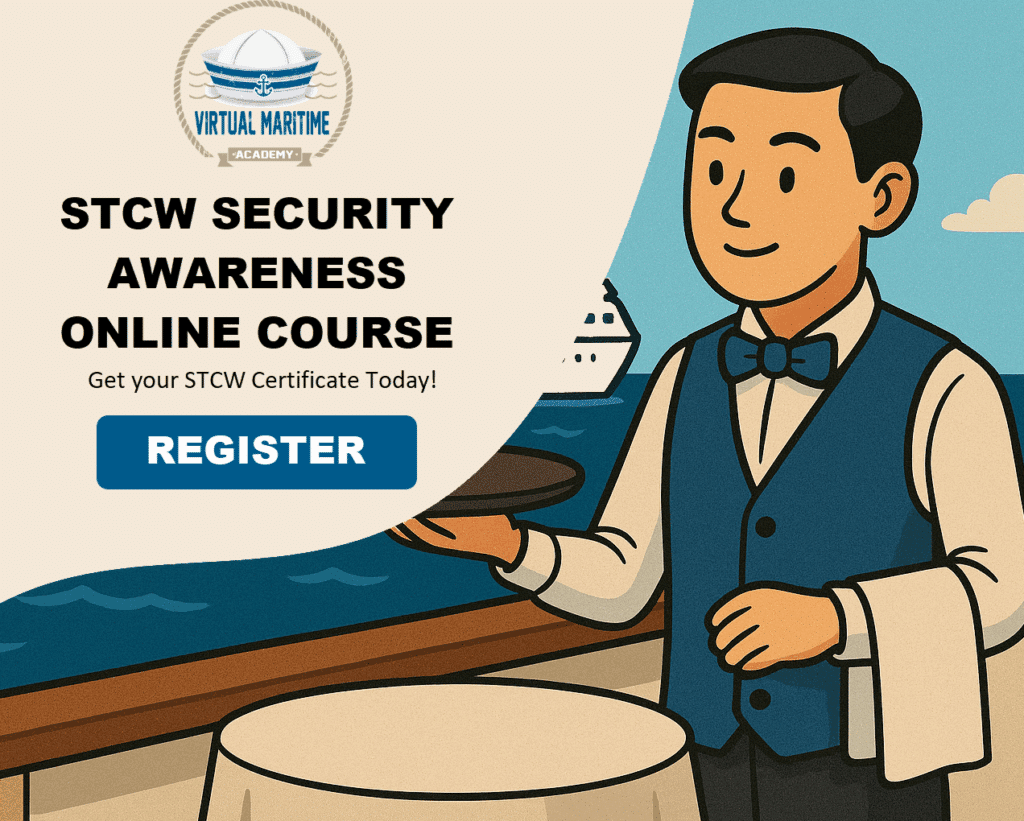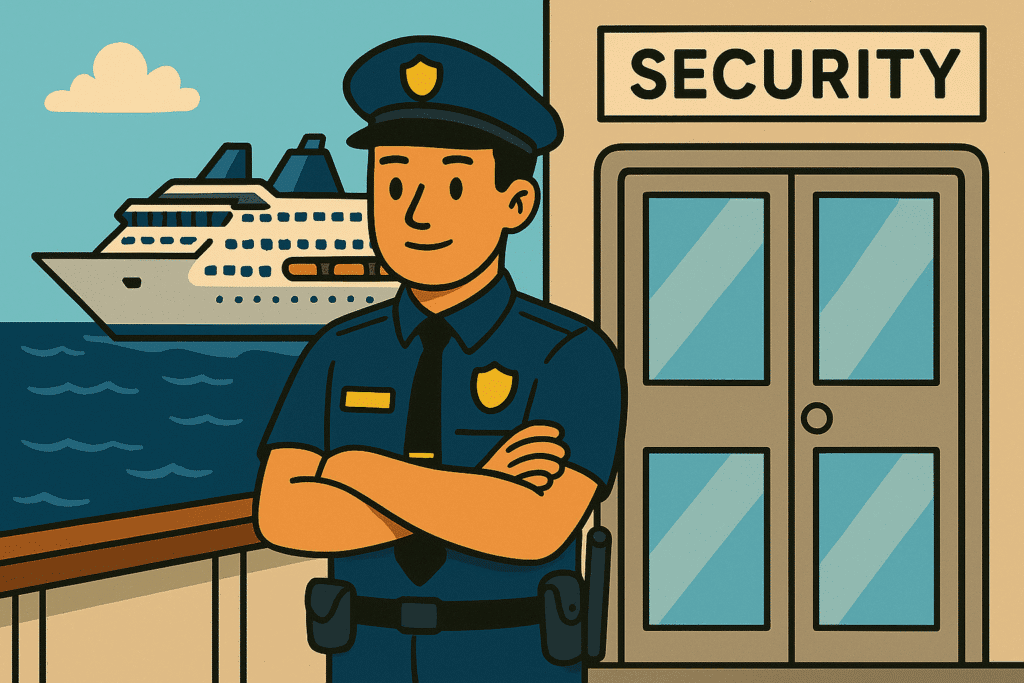Introduction to STCW Certification
The International Convention on Standards of Training, Certification and Watchkeeping for Seafarers (STCW), established in 1978 by the International Maritime Organization (IMO), sets global standards that all professional mariners must meet. The STCW ensures that individuals on seafaring vessels have adequate training, experience, and qualifications to perform their roles safely and efficiently. STCW certifications often need to be renewed or updated, which can be facilitated through online courses.
The Advantages of Online STCW Certification Courses
Online STCW certification courses offer several advantages compared to traditional in-person training. Flexibility in learning, the ability to study from anywhere, and often a lower overall cost are among the primary benefits. These online courses are particularly beneficial during times when in-person attendance is impractical or impossible, such as during travel restrictions.
Key Types of STCW Courses Available Online
Basic Safety Training
Basic Safety Training (BST) is the foundation for all further maritime qualifications, encompassing personal survival techniques, fire prevention and firefighting, elementary first aid, and personal safety and social responsibilities. Online modules can often cover theoretical knowledge, which is then supplemented by practical assessments conducted at certified training centers.
Security Awareness
Training for seafarers without designated security duties includes instruction on maintaining the security awareness and vigilance on board. Online courses cover the theoretical aspects of maritime security, with focus modules on piracy and anti-piracy techniques, emergency preparedness, and legal implications.
Advanced Fire Fighting
This course is aimed at seafarers who are designated to control firefighting operations. Online training can provide theoretical knowledge about advanced firefighting techniques, fire prevention, and fire suppression strategies. Practical components would still need to be completed on-site.
Choosing the Right Online STCW Course
When selecting an online STCW certification course, it is crucial to ensure that the course is recognized by proper maritime authorities. Accredited courses often include a blend of online coursework and mandatory in-person assessments. Prospective students should verify that the online courses are offered by established, reputable training centers or educational institutions.
Navigating the Practical Components of Online Courses
While theoretical knowledge can be effectively acquired online, STCW certifications also require practical skills training. This means that even with online courses, participants must complete certain physical tasks to gain full certification. It’s important for participants to arrange for these practical components, which are typically held at specialized training facilities.
Ensuring the Validity and Recognition of Online Certifications
Recognized online STCW courses should meet the same standards as in-person courses. Certificates issued upon completion should be accepted by maritime employers and flag states worldwide. To avoid invalid certificates, professionals should only enroll in online programs that provide clear details about accreditation.
Online STCW certification courses are an excellent way for maritime professionals to begin or continue their training with the flexibility that only internet-based learning can provide. It’s essential, however, to ensure that these courses not only deliver comprehensive education but also include the practical, hands-on training that maritime skills demand. By carefully selecting accredited and recognized online courses, seafarers can effectively fulfill their training requirements and advance their careers in the maritime industry.











